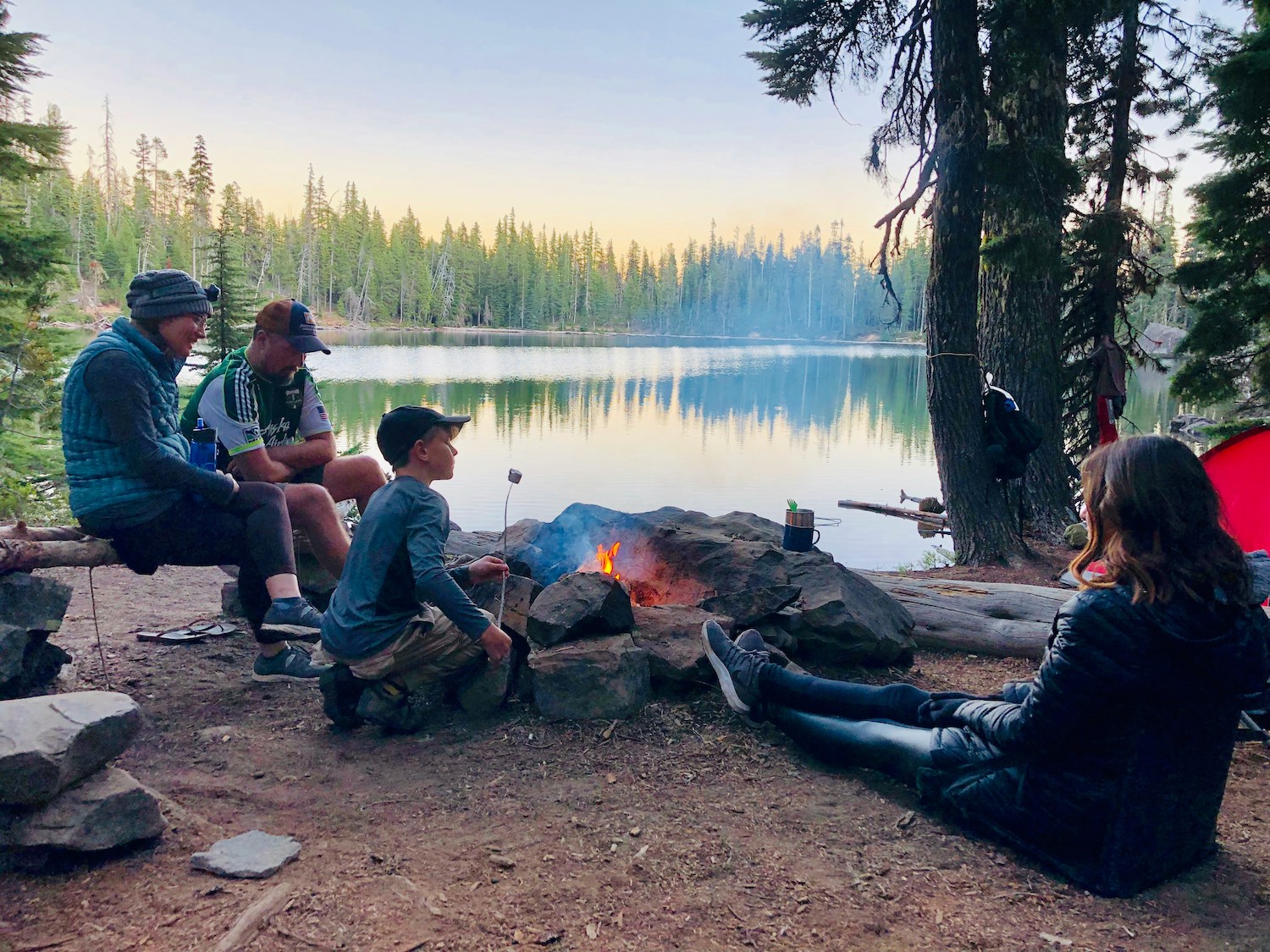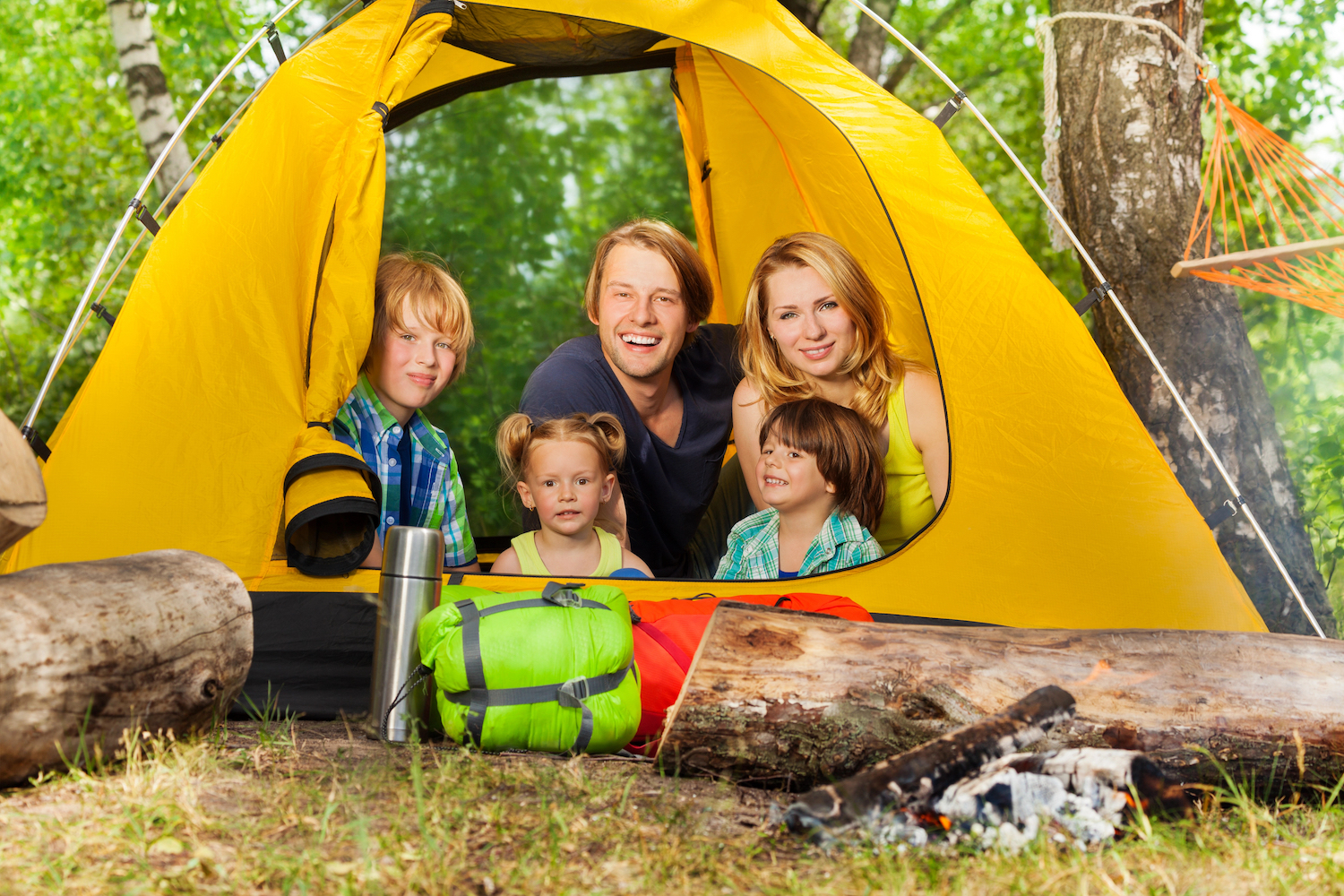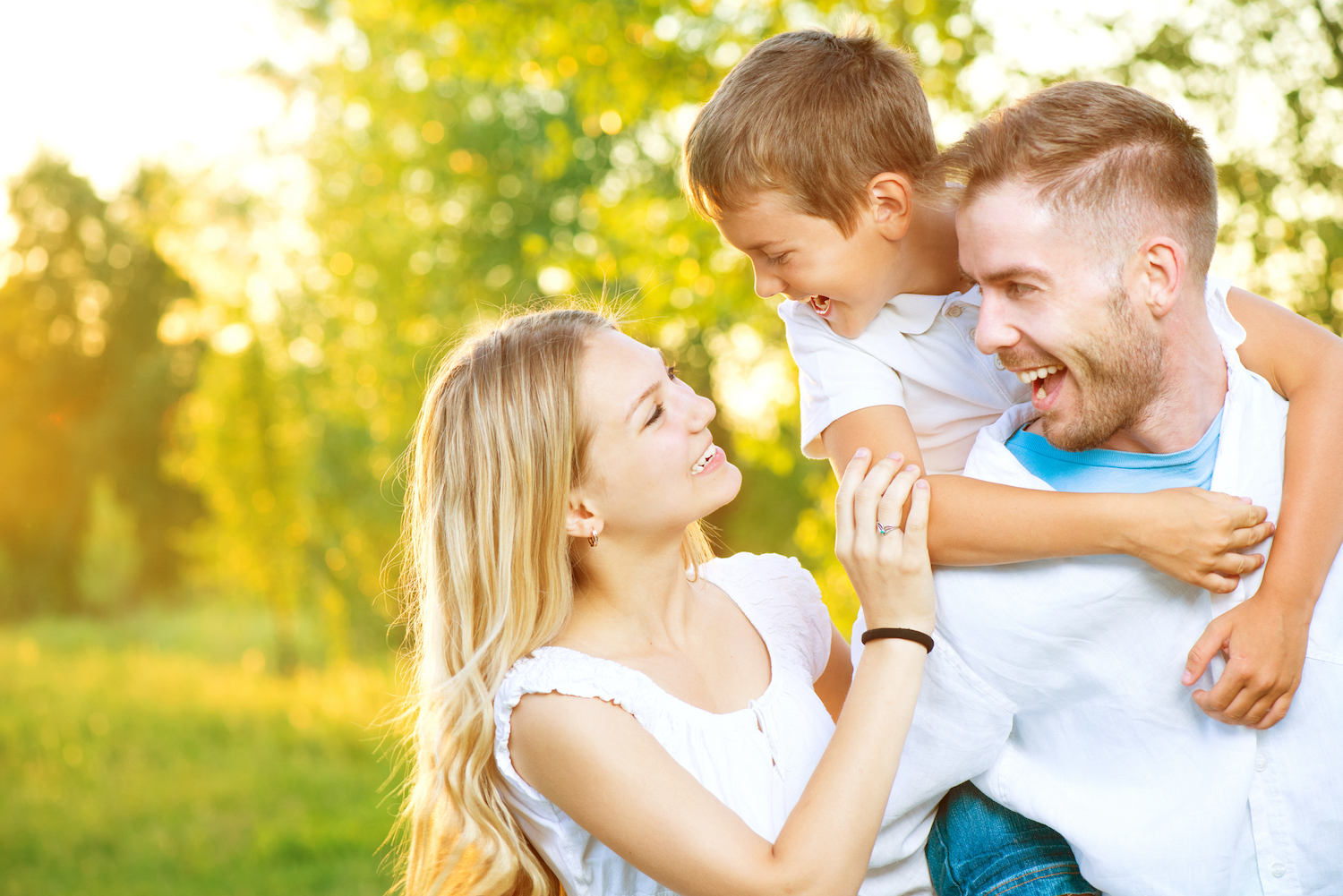Camping with kids turns any ordinary weekend into a real adventure. It’s your chance to swap screens for starry skies and let your family connect with nature in a way that’s both fun and unforgettable. Whether you’re seasoned campers or just starting out you’ll find there’s nothing quite like watching your little ones explore the great outdoors.
To make things even smoother, start with practical gear that keeps everyone comfortable. Brands like Ozzi Gear offer compact camping chairs, family-friendly camping equipment that’s easy to pack and perfect for outdoor adventures.
You might wonder how to keep everyone entertained and safe while still enjoying some relaxation yourself. With the right planning and a few clever tips you can create lasting memories and spark a lifelong love of nature in your children. Get ready to make your next family camping trip a smooth and exciting journey for everyone.
Why Choose Camping With Kids
Camping with kids strengthens family bonds through shared activities like hiking, setting up tents and cooking over a campfire. Your children explore teamwork and responsibility as they help with simple tasks. Shared experiences in nature add meaning to your family’s stories and create unique connections.
Nature immersion encourages curiosity. Kids develop problem-solving skills as they observe wildlife or identify plants. If you give them age-appropriate challenges, their confidence grows. Outdoor environments stimulate physical activity, reducing screen time and promoting healthier habits.
Camping shapes lifelong memories. Children remember collecting firewood, catching their first fish, or singing around the campfire. Adventures in the outdoors foster a sense of wonder and appreciation for nature’s diversity.
You’ll find cost-effective travel options by choosing camping. Campsites across the UK, such as those run by the Camping and Caravanning Club or Forestry England, offer affordable accommodation compared to hotels or resorts, making outdoor adventures accessible for families.
Camping introduces essential life skills. Kids practice decision-making when selecting a campsite or following trail markers. Weather conditions and changing plans teach adaptability and resilience within a safe, supervised setting.
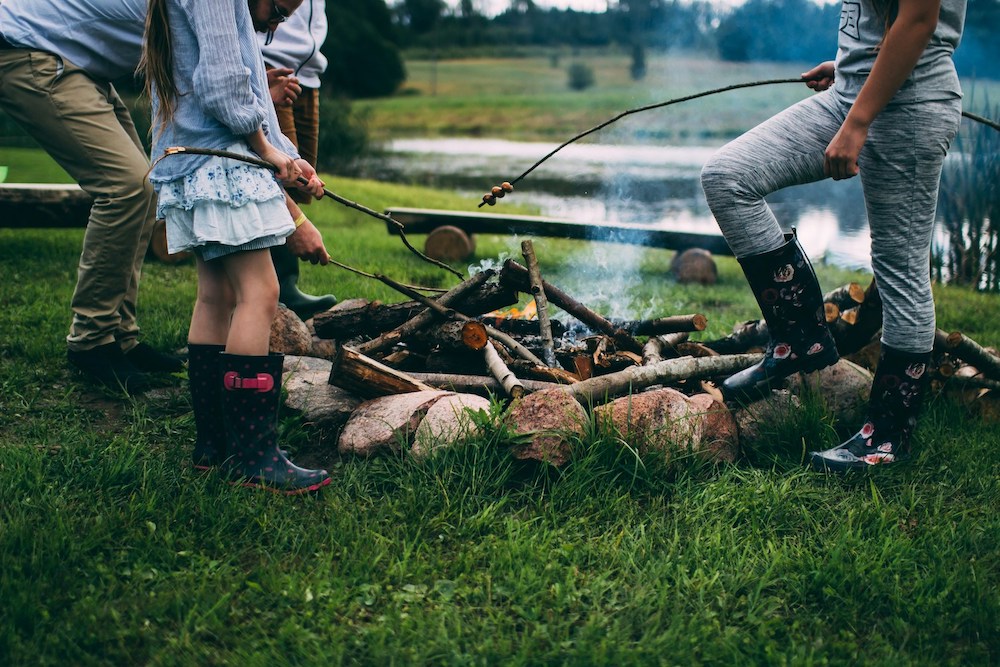
Planning The Perfect Family Camping Trip
Effective planning raises the enjoyment and safety of your camping trip when you’re outdoors with children. Focus on choosing the right site and packing suitably to ensure comfort and positive experiences.
Selecting A Kid-Friendly Campsite
Prioritise proximity to amenities when selecting a kid-friendly campsite. Access to clean toilets, play areas, and safe swimming spots, such as in Forest Holidays sites or Camping and Caravanning Club locations, simplifies daily routines and lowers anxiety. Scan for hazards like fast-moving water or steep drops, and choose sites with clear boundaries to aid supervision. Opt for activities onsite, such as trails or playgrounds, to keep children interested and active. Family-friendly campsites often provide ranger-led activity programmes or nature workshops, suitable for children under 12.
Packing Essentials For Children
Include child-sized sleeping bags, weather-proof clothing, and familiar comfort items in your packing. Practical items, such as waterproof boots, sun hats, and insect repellent for UK midges, reduce discomfort and risk. Activity packs—containing colouring books, nature spotter guides, and small games—occupy children during downtime. Place medical essentials, such as prescribed medicine and plasters, in a dedicated kit designed for children. Always pack extra snacks and water bottles to account for increased outdoor activity.
Fun Activities For Kids At The Campsite
Fun activities at the campsite keep children engaged and let them connect with the outdoors. You support curiosity and create lasting memories with simple, nature-based play.
Nature Exploration And Learning
Nature exploration at the campsite introduces children to local flora and fauna. You guide younger ones on mini scavenger hunts, using lists of leaves, rocks, and insects. You integrate educational tools such as magnifying glasses, field guides, or wildlife apps. Search for animal footprints by muddy banks or under trees. Encourage children to fill nature journals with sketches and facts about discoveries. If you’re at a lakeside or riverbank, supervised pond-dipping reveals tadpoles, water beetles, or small fish. You build mini-shelters using sticks and leaves, teaching basic bushcraft and responsibility for the environment.
Campfire Games And Storytelling
Campfire sessions become memorable through group games and storytelling. You try classic games like charades, ‘I Spy’, or singing rounds. You arrange a simple campfire talent show for those with songs, jokes, or tricks. Storytelling after dark draws children into imaginary worlds—let them help invent stories by choosing characters, settings, or magical plot twists. Use torches to create shadow puppet stories against your tent wall. If the campsite permits, you toast marshmallows or bake simple treats while sharing tales, keeping everyone warm and engaged.

Tips For A Safe And Enjoyable Experience
Creating a smooth camping trip with kids depends on preparation and vigilance. Use these targeted strategies to maintain both safety and fun across all situations.
Managing Mealtimes And Snacks
Simplify camping meals by packing foods that are easy to prepare and safe for kids to handle. Choose wraps, pre-cut vegetables (e.g. carrots, cucumbers), and ready-to-eat fruits (e.g. apples, bananas) for fast snacks. Store perishables in a cool box and check it stays under 5°C according to NHS food safety guidelines.
Organise a meal timetable to discourage constant snacking and involve kids in simple food tasks like assembling sandwiches or toasting bread on safe grill racks. Provide plenty of water and use reusable bottles to limit spills. Avoid foods with high allergy risk if children in the group have dietary restrictions.
Dealing With Weather And Emergencies
Check forecasts from the Met Office before departure and adjust plans for heavy rain, wind, or temperature changes. Pack waterproof jackets, layered clothing, and spare socks to keep kids dry and warm if quick changes in weather occur.
Establish a meeting point and teach children how to recognise staff uniforms or campsite signs in case you get separated. Store a torch, whistle, and first-aid kit within reach. Share any relevant allergy details with nearby campers and keep emergency contacts and site maps visible in your tent.
Prepare a compact emergency routine for fire, wildlife sightings, or storms, ensuring everyone knows their role. Review how to seek shelter and what steps to follow for minor injuries, referencing NHS guidance for first aid.
Making Lasting Memories
Create moments that stay vivid for years by including simple, meaningful activities during your camping trip. Shared tasks like collecting firewood, roasting marshmallows, or setting up tents reinforce family bonds through collaboration and laughter. Capture these moments by encouraging your children to photograph scenes, sketch wildlife, or record nature sounds as souvenirs.
Plan evening rituals around the campfire, such as storytelling or sharing highlights from the day. Revisit favourite activities, like pond-dipping or nature walks, so your children connect particular memories with each campsite you visit. Allocate time for relaxation under the stars, which instils a sense of wonder and calm. Let your children lead certain activities, from choosing the hiking trail to selecting marshmallow flavours, which encourages independence and personal connection to the trip.
Mark every trip with a tradition, for example, creating a group photo or pressing leaves gathered together. If siblings or friends join, facilitate group games or challenges, creating shared experiences that foster friendships. These shared successes and discoveries become stories your children recount long after the tents are packed away.
Conclusion
Camping with kids offers you a unique chance to step away from daily routines and embrace the freedom of the outdoors together. When you approach each trip with a spirit of adventure and a bit of preparation, you set the stage for laughter, learning and unforgettable moments.
Let every trip be an opportunity to nurture curiosity and build stronger family connections. With each new adventure you’ll discover that the simple joys of camping can spark a lifelong love for nature in your children and lasting memories for your whole family.
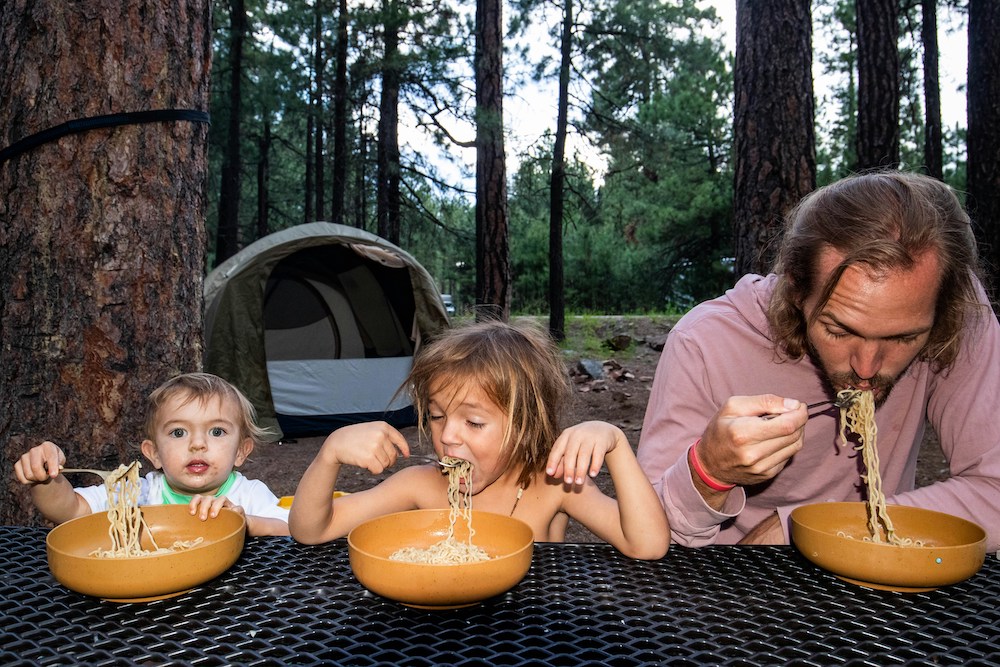
Frequently Asked Questions
What are the main benefits of camping with children?
Camping with children offers families the chance to bond, disconnect from screens, and nurture a love for nature. It helps kids develop problem-solving skills, teamwork, and self-confidence, while also building lifelong memories and healthier habits. Camping is typically more cost-effective than other holidays and teaches children valuable life skills in a safe, supportive environment.
How can I keep my children entertained during a camping trip?
To keep children entertained, plan engaging activities like scavenger hunts, nature journaling, pond-dipping, group games, and campfire storytelling. Pack activity kits, outdoor toys, and tools like magnifying glasses or wildlife identification apps. Involving children in camp chores and meal preparation also provides both engagement and learning opportunities.
What are essential items to pack for camping with kids?
Key items include child-sized sleeping bags, waterproof clothing, comfortable footwear, insect repellent, a torch, a compact first aid kit, and activities for downtime. Bring simple snacks, easy-to-prepare meals, and extra layers to stay warm. Personalise your gear to suit your children’s needs and the local weather conditions.
How do I choose a family-friendly campsite?
Select a campsite that is safe and suitable for children, ideally with amenities like clean toilets, showers, and play areas. Look for sites with secure boundaries and minimal hazards, such as fast-flowing rivers or steep drops. Reading reviews from other families and seeking recommendations can also help you find the best spot.
What steps can I take to ensure my child’s safety while camping?
Prioritise safety by setting clear boundaries, keeping a close watch near water or fire, and teaching children about basic campsite rules. Pack a child-specific first aid kit, ensure kids have weather-appropriate clothing, and establish a meeting point in case someone gets lost. Keep emergency contact details handy.
How do I handle meals and snacks for children while camping?
Plan meals that are easy to prepare and pack extra snacks for energy. Encourage children to help with food prep and always ensure proper food hygiene. Bring plenty of water to keep everyone hydrated, and store food in sealed containers to prevent wildlife from approaching your campsite.
What can families do if the weather turns bad during a camping trip?
Be prepared with waterproof clothing, tarps, and well-ventilated tents. Bring indoor-friendly activities like games or drawing supplies to keep spirits up. Monitor the weather forecast and have a backup plan, such as retreating to the car or a nearby sheltered area if conditions become unsafe.
How can camping help children learn life skills?
Camping teaches responsibility, resilience, teamwork, and resourcefulness. Children learn to adapt to new situations, work together on shared tasks, and make decisions in a safe environment. Activities like cooking, setting up tents, and exploring nature provide practical learning experiences that support their development.
What traditions or activities can make family camping trips more memorable?
Create family traditions like group photos, collecting keepsakes (leaves, stones), campfire storytelling, or nightly highlights. Let children document their trip with drawings or photography. Shared rituals and simple group games become cherished memories, turning each trip into a unique and rewarding adventure.
Is camping with children affordable compared to other holidays?
Yes, camping is generally more budget-friendly than staying in traditional hotels or resorts. Campsites often have lower fees, and you can save on food by preparing your own meals. With some basic equipment and planning, camping makes outdoor adventures accessible for most families.


